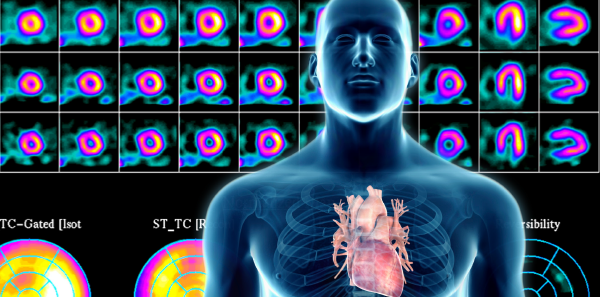
Most people think that chest pain is always caused by a heart problem, but it can be caused by problems in the lungs, esophagus, muscles or ribs. It can also be caused by certain foods or medicines. Chest pain should be considered serious and should not be ignored. If you think you are having a heart attack call 000 immediately.
If the chest pain is sudden or gets worse, is accompanied by any of these symptoms, or lasts longer than 10 minutes, you should call 000 and ask for an ambulance. You should also try to make a note of when and where the pain happens, as this can help your doctor diagnose what the cause is.
When you call an ambulance, the first thing they will want to know is what is causing your pain and how long it has been going on. They will also want to know if it has been getting any worse or better.
The most common cause of chest pain is a heart attack. This can be caused by a blockage in one of the arteries that carry blood to your heart (coronary disease). Sometimes the artery can rupture. This can happen if you have a heart attack or if you are having a blood clot in your lung (pulmonary embolism).
Another heart condition that can cause chest pain is a mitral value prolapse. This is when the valve that controls blood flow from the left ventricle to the left atrium does not close properly each time it beats.
A less common but serious cause of chest pain is a tear in the wall of the aorta, which is the main blood vessel that takes blood from your heart to the rest of the body. This can lead to severe pain that occurs suddenly, usually when you inhale.
Sometimes the pain can be due to inflammation of the sac that surrounds the heart (pericarditis). This can cause a sharp, burning pain. Sometimes the lining of your lungs can get infected and swell up (pleurisy). This can feel like sharp, burning chest pain that gets worse when you breathe.
Stress and anxiety can also cause chest pain. This can be from a major event like losing a job, or an accident, or from fear of something happening to you or someone you care about. It can also be from everyday stressors such as work, school or a relationship.
In some cases, chest pain can be caused by an infection in the lungs or esophagus. Sometimes it can be caused by a medication you are taking or by a condition such as rheumatologic disease, gastroesophageal reflux disorder, chronic lung diseases or hyperventilation syndrome. It can also be caused by a cold, flu or other viral infections. You can take pain medicines such as ibuprofen to help with the pain. Chest pain can also be a side effect of some cancer treatments, such as chemotherapy and radiotherapy.





Phenix Health delivers online health services 24/7 provided by Australian doctors and healthcare professionals.